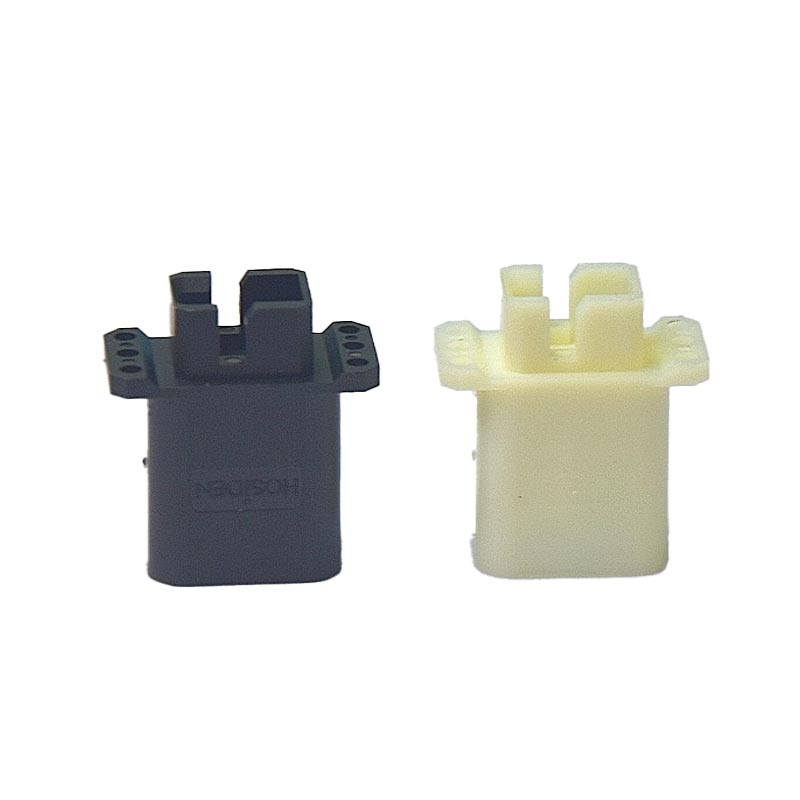The Role of Plasticizers in Plastic Molding
2025-06-27
Abstract:
Plasticizers are chemical additives used to enhance the properties of plastics, particularly in terms of flexibility, workability, and processing ease. In plastic molding, plasticizers play a critical role by reducing the glass transition temperature (Tg) of polymers, which helps to make the final product more malleable and easier to mold. This essay explores the importance of plasticizers in plastic molding, their effects on material properties, and the benefits and potential drawbacks associated with their use.
Introduction:
Plastic molding is a widely used manufacturing process in which molten plastic is shaped into desired forms through various techniques, such as injection molding, blow molding, and extrusion. The properties of the plastic used in these processes significantly affect the efficiency and quality of the molded products. One key factor that influences the plastic's characteristics is the incorporation of plasticizers. These additives are crucial for achieving the desired flexibility and ease of processing in many plastic products.
Role of Plasticizers in Plastic Molding:
Improved Flexibility and Workability:
The most prominent role of plasticizers is to increase the flexibility of polymers. They reduce the intermolecular forces between polymer chains, making the material more pliable. This is especially beneficial in processes like injection molding and extrusion, where flexibility is essential for smooth and efficient material flow. Plasticizers allow manufacturers to mold complex shapes without cracking or breaking the material.
Enhanced Processing Efficiency:
Plasticizers lower the viscosity of molten polymers, which makes it easier to process the material in molding machines. A reduced viscosity ensures that the material flows more smoothly into molds, improving the production rate and reducing the likelihood of defects. This is crucial in high-speed manufacturing environments where efficiency is key to keeping production costs low.

Increased Durability:
Certain plasticizers, particularly those used in flexible plastics such as polyvinyl chloride (PVC), enhance the long-term durability of the material. They help prevent brittleness, cracking, and deformation over time. This makes plastic products more reliable, especially in applications like piping, flooring, and cables.
Cost Reduction:
By enabling the use of less expensive or less complex resins, plasticizers can help reduce the overall cost of plastic products. They allow manufacturers to use lower-cost, rigid polymers and make them more versatile by improving their flexibility, without needing to rely on more expensive flexible polymers.
Types of Plasticizers:
Phthalates: The most common type of plasticizer, often used in PVC, phthalates enhance flexibility and workability. However, concerns about their potential health risks have led to the development of alternatives.
Non-Phthalates: These include adipates, citrates, and sebacates. They are often used as safer alternatives to phthalates, especially in consumer products.
Bio-Based Plasticizers: With increasing concerns about sustainability, bio-based plasticizers derived from natural sources such as vegetable oils are gaining popularity in the market.
Potential Drawbacks of Plasticizers:
Despite their advantages, plasticizers can have some drawbacks. Over time, plasticizers can leach out of the polymer, especially when exposed to heat or solvents, which may lead to a decrease in the material’s flexibility and integrity. This phenomenon, known as "plasticizer migration," can be particularly problematic in applications requiring long-term durability. Furthermore, the environmental and health concerns surrounding certain plasticizers, like phthalates, have raised questions about their safety, leading to the development of stricter regulations and the pursuit of safer alternatives.
Conclusion:
In summary, plasticizers are vital additives in the plastic molding industry, as they significantly enhance the properties of plastics, including flexibility, workability, and processing ease. Their role in improving processing efficiency and reducing production costs makes them indispensable for the manufacturing of many everyday plastic products. However, the long-term performance and safety concerns associated with plasticizers require ongoing research and the development of safer alternatives. As the demand for sustainable and non-toxic materials grows, the future of plasticizers may be shaped by innovations in bio-based alternatives and more stringent regulatory standards.
As a professional manufacturer and supplier, we provide high-quality products. If you are interested in our products or have any questions, please feel free to contact us.